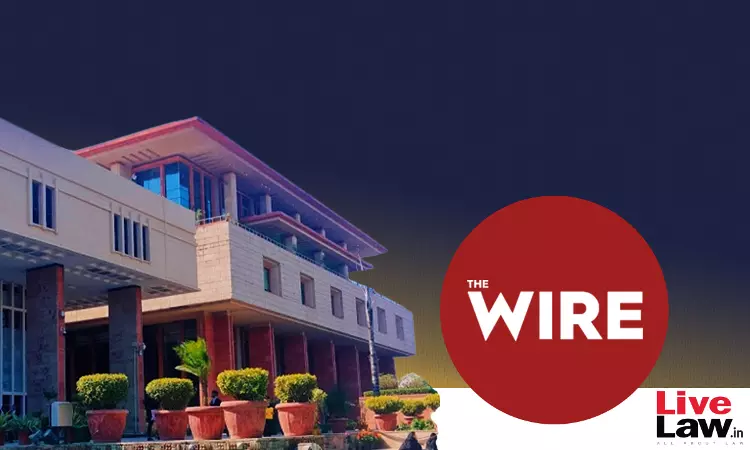The Delhi High Court on Wednesday quashed a summoning order issued by a trial court in 2017 against The Wire’s Editor and Deputy Editor in a criminal defamation case filed by former Jawaharlal Nehru University professor Amita Singh. Justice Anup Jairam Bhambhani quashed the order passed by a metropolitan court on January 07, 2017, summoning The Wire’s Editor Siddharth Bhatia and Deputy...

